Democratic Values, Virtues, and Spiritual Practices: The collection of spiritual practices on this page, along with other practices mentioned in our Practicing Democracy Guides, have been chosen because they can help strengthen the values and virtues identified in this chart as being central to a democracy. These practices include both those traditionally considered to be "inner work" and those that encourage active engagement with our neighbors and communities.
 Acknowledging the Goodness within One Another
Acknowledging the Goodness within One Another
by Joyce Rupp
This practice of kindness and reverence provides a good start to a meeting when you want to insure that people matter at least as much as the items on the agenda. By reminding us of our shared humanity, a simple statement and a bow in greeting can help keep differences from dividing us.
 Breathing Compassion for Self
Breathing Compassion for Self
by Neil Douglas-Klotz
This way to "practice democracy" comes from the Sufi tradition. Many people observe their breath during meditation. This is a different way of doing breath meditation, using it to reinforce your sense of freedom, compassion, positivity, and hope. These feelings in turn enhance your resilience.
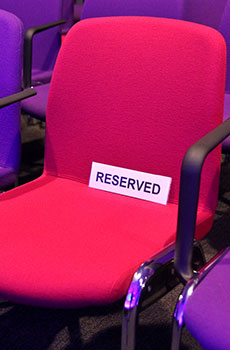 Defining and Defending
Defining and Defending
by Jan Chozen Bays
Self-observation and conscious awareness are classic spiritual practices that are very helpful for those who want to "practice democracy." You need to be aware of where you are coming from in order to determine where you might be more open and where you need to stand your ground.
 Defusing Anger
Defusing Anger
by Thich Nhat Hanh
Even when you do all you can to be respectful and pave the way for courteous democratic discourse, sometimes people get on your nerves. When you get sorely irritated by someone, this gift-giving practice helps restore equanimity.
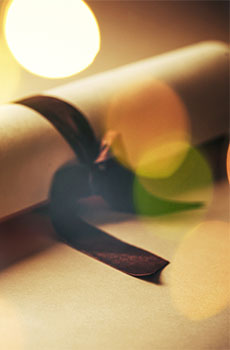 Diploma in Not Knowing
Diploma in Not Knowing
by Bradford Keeney
We get so firm in our positions on issues of all kinds that we assume we know best. Adopting an attitude of "not knowing" supports an attitude of openness and awareness of complexity.
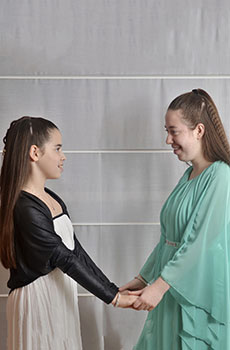 Judge One Another Favorably
Judge One Another Favorably
by Brenda Shoshana
Challenging conversations about opposing points of view are part of what makes democracy viable. This practice for dropping suspicions and giving the other person the benefit of the doubt can help smooth the way to a genuine and fruitful exchange.
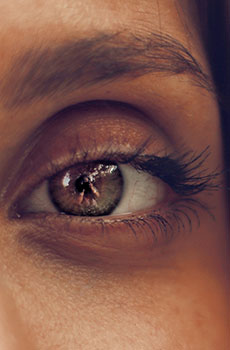 Just Like Me
Just Like Me
by Frederic and Mary Ann Brussat
This practice focuses on our commonality, our unity, which is foundational to finding ways to reach across real and imagined divides in any community or situation.
 Healing Conflict with Lectio Divina
Healing Conflict with Lectio Divina
by Julia Davis
Usually a personal contemplative practice, lectio divina (sacred reading) can also be used with another person, moving beyond a mind-only understanding of a sacred text to a heart-centered experience that makes it a good vehicle for healing interpersonal conflicts.
 Mirroring
Mirroring
by Jacob Needleman
This way to "practice democracy" is adapted from an exercise Jacob Needleman has used in his philosophy classes. He describes it not as an instrument of reconciliation but as a means of studying and understanding what it really means to listen to another human being.
 Phoning Words Like Gems
Phoning Words Like Gems
by Frederic and Mary Ann Brussat
Much of the work of democracy is done over the phone. This practice brings love and beauty to what could otherwise be an arduous duty.
 Prayers for the Neighborhood
Prayers for the Neighborhood
by Tom Cowan
Democracy begins near at hand. Cowan suggests a brief ritual to pray for the health and well-being of those who live close by.
 Seeing the Secret Goodness
Seeing the Secret Goodness
by Jack Kornfield
Democracy depends on mutual respect. This practice gradually builds your ability to see goodness in others until you can recognize it even in strangers and difficult people.
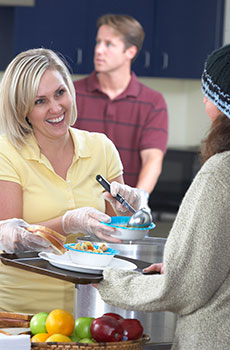 Serve Your Community
Serve Your Community
by Raphael Cushnir
Volunteering to serve those in need builds a strong democracy by recognizing the gifts each of us brings to society. Often we consider service a responsibility, which it is, but this practice encourages us to remember that it is also a privilege.
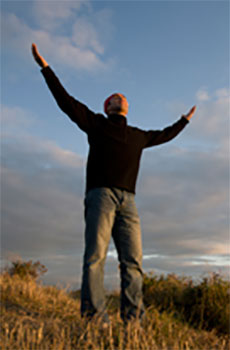 30-Day Practice for Change
30-Day Practice for Change
by Joan Chittister
This practice of wishing others happiness, though it seems simple, has the power to turn around much of what ails democracy. By silent repetition of this phrase, you accentuate the beauty that resides not only in others but also in all aspects of our society.
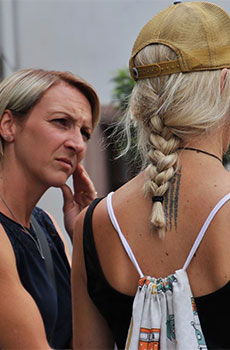 Welcome the Flexibility of the Tao
Welcome the Flexibility of the Tao
by Walter Dyer
By simply listening and refusing to impose your point of view on someone else, you can maintain relationships even while differing on important matters in politics or other aspects of life.
